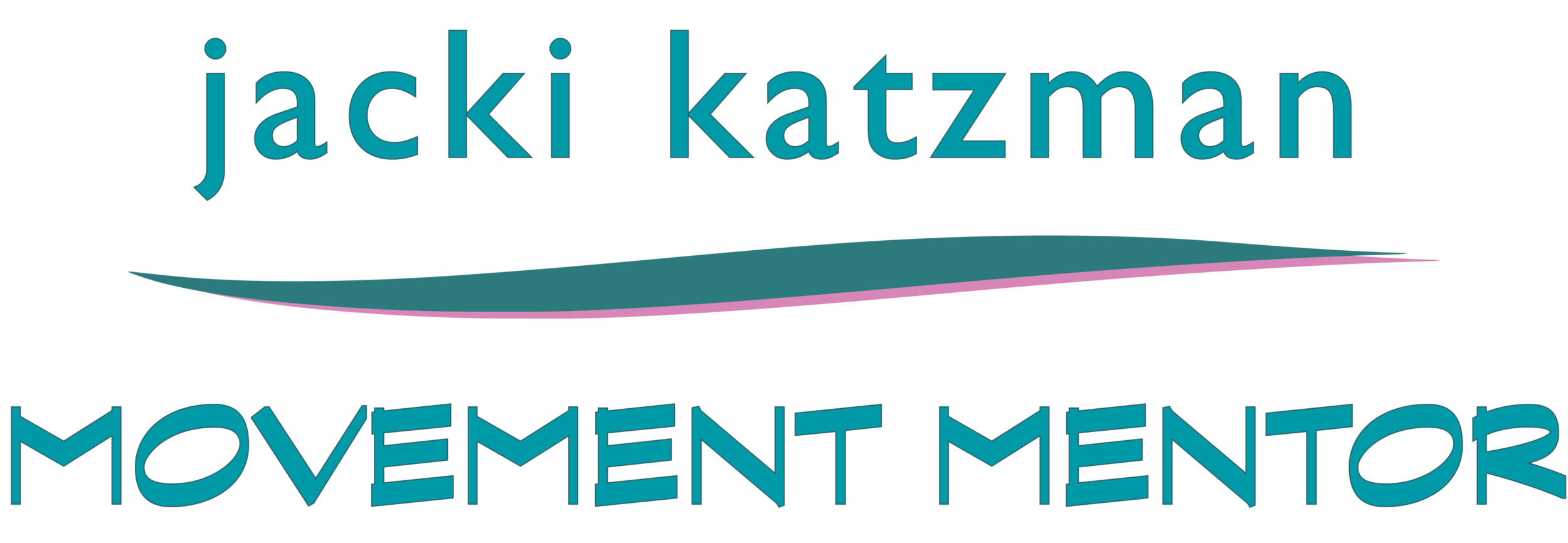Less is more: Why our brains struggle to subtract (and why we need Feldenkrais)
Nature Magazine reports that people systematically overlook subtractive changes,
DaVinci described perfection as 'nothing left to take away." Yet, research suggests our brains don't tend to think of "taking away." Especially when people are overwhelmed distracted by another task. This research suggests that the human default is to add more.
“We investigated whether people are as likely to consider changes that subtract components from an object, idea or situation as they are to consider changes that add new components. People typically consider a limited number of promising ideas in order to manage the cognitive burden of searching through all possible ideas, but this can lead them to accept adequate solutions without considering potentially superior alternatives4,5,6,7,8,9,10. Here we show that people systematically default to searching for additive transformations, and consequently overlook subtractive transformations”
Which is another great reason to study Awareness Though Movement®. Lessons focus on identifying and transforming habits that inhibit our grace. We make connections that distribute support and movement across the body to balance out excess tension. We aim for clear, efficient movement.
Anyone can follow this principle, starting right where they are and for as long as they desire to learn.
Once again science catches up with Dr. Moshe Feldenkrais.
Moshe Feldenkrais with the bare bones of movement. Photo courtesy of the International Feldenkrais Federation.

